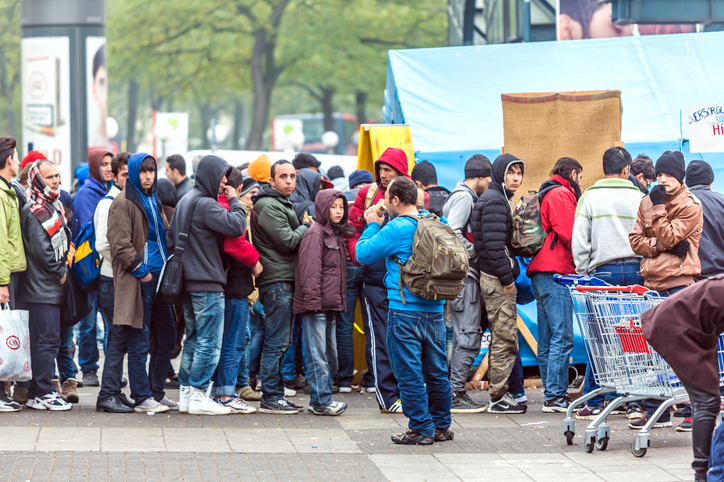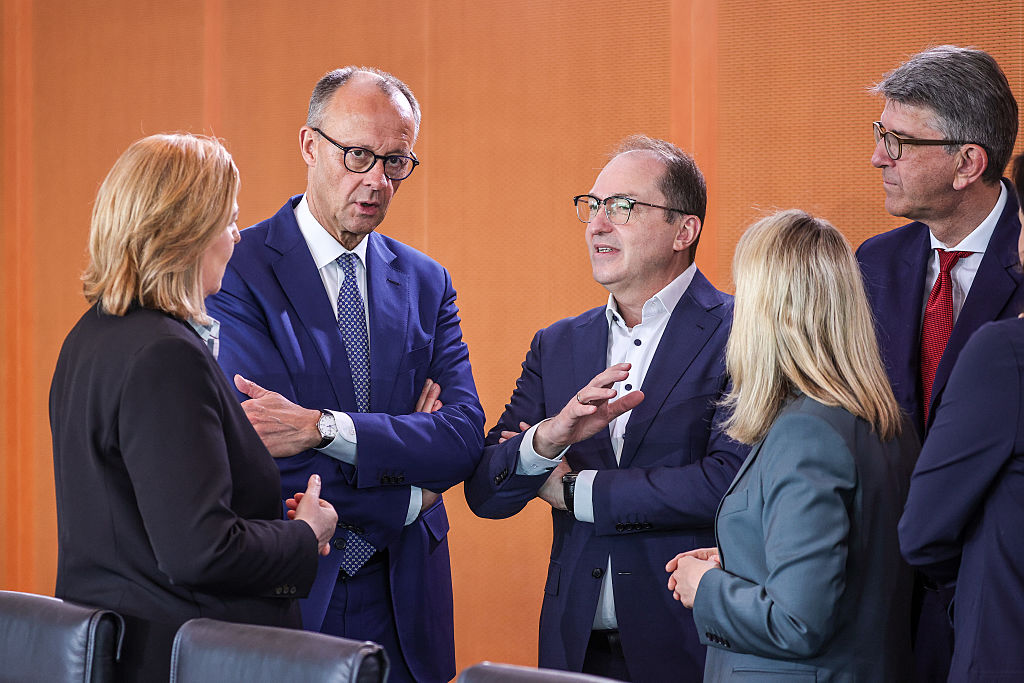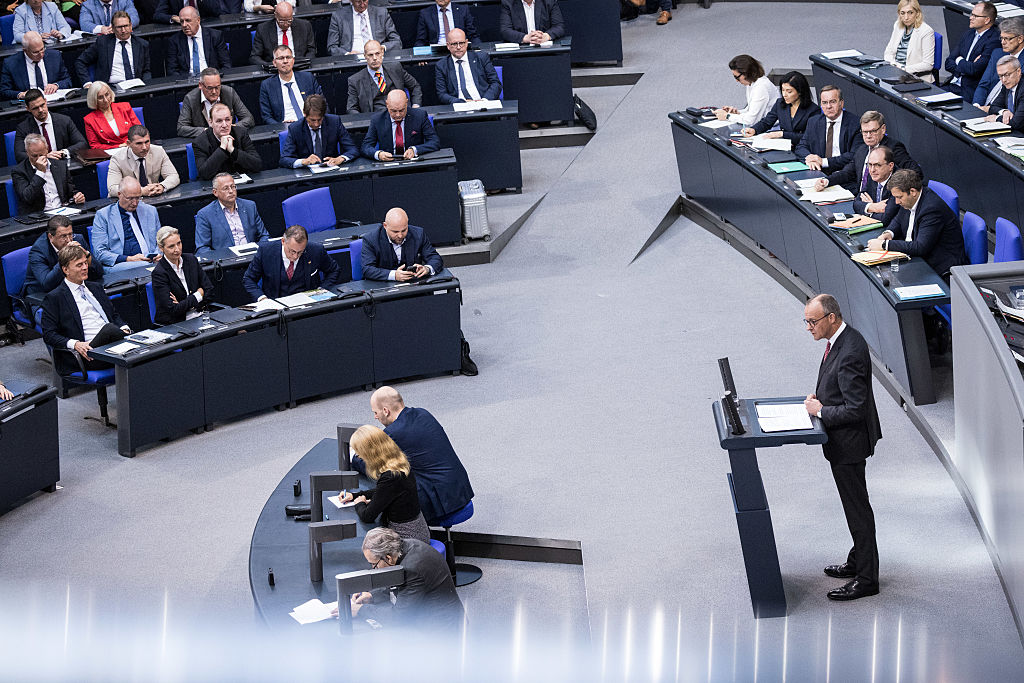Germany’s Chancellor Friedrich Merz has qualified his much-criticised remarks on immigrants made a few days ago.
During a summit in London, he yesterday delivered an emphatic commitment to migration in front of journalists, as German media reports.
“Yes, we need immigration, also in the future,” Merz said. “This applies to Germany as well as to all other EU countries. We need it predominantly for our labour markets.”
Merz explained that migrants and people descended from migrants were already an “indispensable part of our labour force”.
“We cannot do without them anymore, no matter where they come from, what colour their skin is and no matter whether they live and work in Germany in the first, second, third, or fourth generation,” he added.
Merz’ comments came after some casual remarks of his on migration on October 14 had caused an uproar on the German Left.
In response to a journalist’s question on the rise of the right-wing AfD, Merz had said: “We have done a lot on migration. Our government has lowered the number [of migrants] by 60 per cent if you compare August 2025 with August 2024.
“But of course, we still have this problem in our urban landscape [stadtbild in German]. And that is why the interior minister is busy with enabling deportations.”
Speaking in London yesterday, Merz made it clear that he had not wished to denigrate all migrants.
Problems were being caused by people without legal residence and employment, who would not adhere to the German rules for living together, he said.
“Many of these also shape the public image of our cities. That is why so many people in Germany and other EU countries of the European Union – and not just Germany – are now simply afraid to move around in public spaces,” Merz said.
He added: “This applies to railway stations, subway trains and certain parks. This issue dominates certain areas of our cities which is also causing great problems for our police.”
Merz concluded that Germany and other European Union countries would have to solve the problem together.
Merz‘ relativisations followed a week-long barrage of outrage from the German Left who took offence at the Chancellor’s critical remarks on urban landscapes.
They voiced their anger in newspaper editorials and posts on social media. There were also demonstrations by hard-left NGOs in front of Merz’ Berlin office.
The Chancellor was accused of racism and discrimination by his political opponents and pundits.
The majority of Germans, though, apparently agree with his remarks. In a survey by pollster INSA for newspaper Bild, 43 per cent of respondents said the urban landscape of their hometowns had taken a turn for the worse since 2015.
Only 22 per cent saw an improvement, while 32 per cent said there had not been any change.
Insa Umfrage für die Bild zum Thema „Stadtbild“ – eine Mehrheit denkt es hat sich seit 2015 zum Schlechteren verändert und fühlt sich unsicherer als vor 10 Jahren.
1/2 ⤵️ pic.twitter.com/WjHZYahtM1
— spaceloop23 🗽 (@spaceloop23) October 23, 2025
Thirty-nine per cent of respondents said they felt less safe in their hometown than 10 years ago and 14 per cent said they felt safer today.
The areas that cause Germans to feel most unsafe are railway stations (51 per cent), parks (35 per cent) and city centres (30 per cent).





